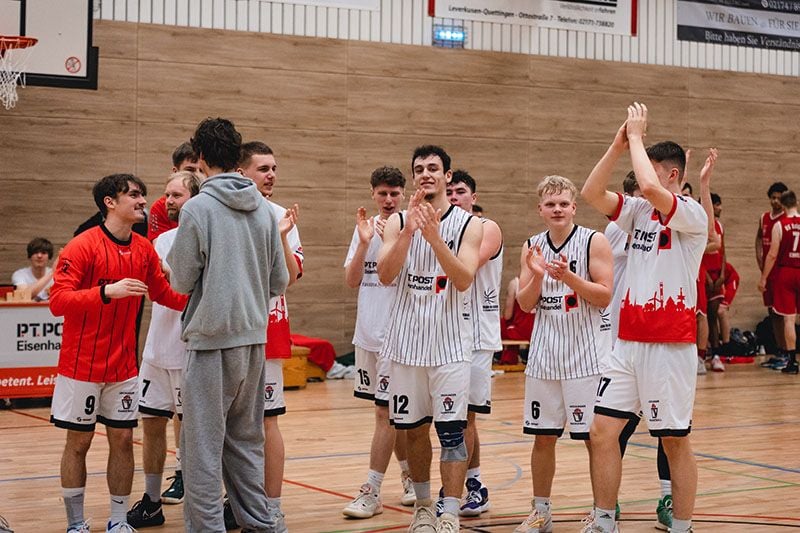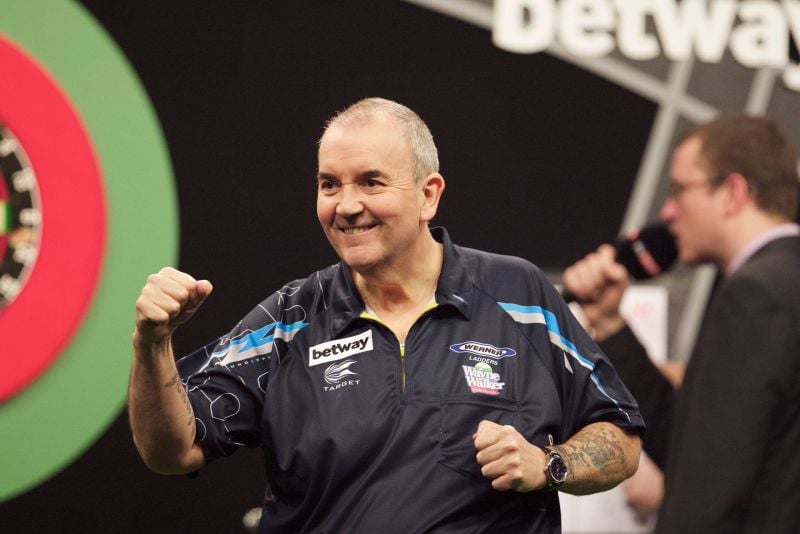Careers in eSports: How you can master your career entry into the eSports scenev


Increasing professionalisation is expanding the professional fields in eSports
The diversity of professions in eSports
eSports Coach
Data analysts
eSports teammanager
Event organisers, content creators and social media specialists in eSports
Commentators and hosts
Tournament administrator in eSports
Project, event and community manager
Software and hardware manufacturers

This is what the day-to-day work of an eSportsman looks like
- Playing games: The main work is based on playing the selected game. From a professional point of view, the eSports player usually focusses on a single game.
- Training: Professional eSports players train control commands, movement sequences and game elements. Daily training with big challenges is the be-all and end-all. Aiming accuracy, speed of action and reaction speed are at the forefront.
- Analysing the competition: In addition to training, the tasks also include observing the competition. This allows you to improve your own style of play and surprise your opponents with the right tactics.
- Team training: In team training, tactics and strategies are developed and refined. After training, individual playing behaviour is usually analysed and discussed.
- Competitions: Tournaments and competitions are among the highlights of the profession. Professional eSports players take part in competitions from home or travel to them in person.
- Events: Events are used to organise competitions, but also for community work. New games can be tried out at trade fairs. Professional gamers should also be available to sign autographs and fulfil fan requests.
- Social media: The community is very important for every eSports player. Maintaining a social media profile is part of the job description. Whether Facebook, Instagram or X: professional eSports players always keep their fans up to date
What do I need? Your required skills and competences as a professional gamer
- Mental resilience.
- Strong communication skills.
- Ambition and discipline.
- High analytical skills and a high degree of self-reflection.
- Very good hand-eye coordination.
- Enormous tactical and strategic understanding.
- High level of willingness to work and perform (you do not have regular working hours).
Skills and competences as an eSports coach or team manager
- Strong empathy.
- Conflict and communication skills.
- Organisational talent.
- A generally high level of empathy.
- Analytical skills.
- Basic technical understanding of image, sound, lighting and camera work.
Passion, sense of responsibility and willingness to perform (even as a team manager and coach there are no regular working hours).
Where do I start? How to get into the eSports profession
- Search the job adverts online (mainly via X formerly Twitter).
- Focus initially on team or social media management jobs in small organisations.
- Try to get involved in voluntary work.
- Complete various internships. Acquire various basics through your initial commitments and make your first contacts.
- Are you passionate about playing FIFA? Then all 36 Bundesliga clubs are certainly an interesting place to go for internships and voluntary work.
Training and study programmes
- Search the internet for eSports degree programmes at private universities.
- Complete an ESBD coach training programme.
- Start a general degree programme that can be adapted to the eSports industry - online marketing, sports management, training theory, game design or computer science are just a few examples.











































































